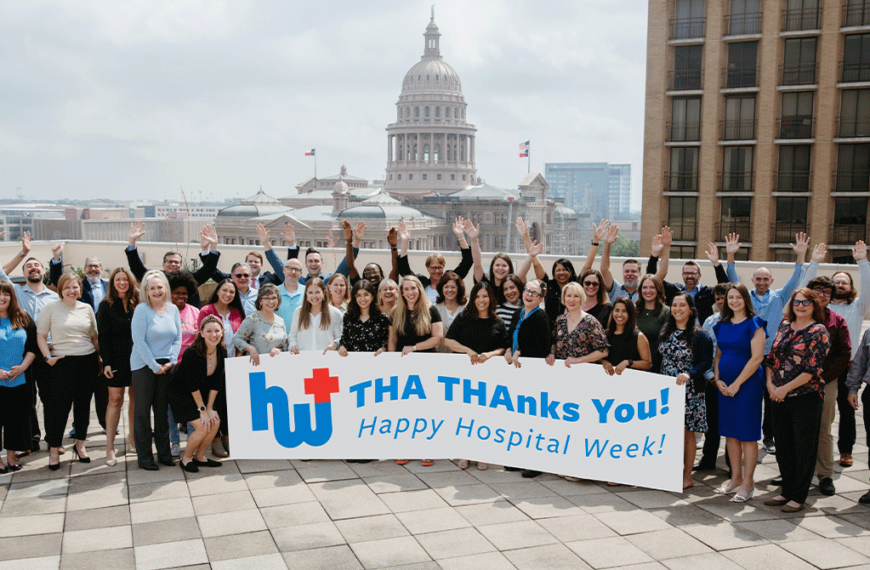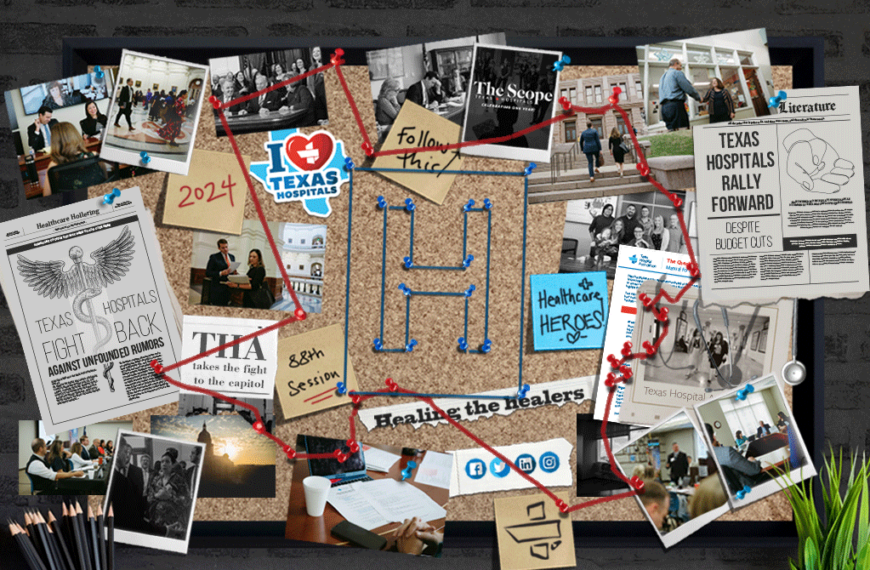This article is sponsored by Paymerang.
Rural hospitals play a critical role in health care as they provide services for patients in rural areas nationwide. Rural hospitals, however, struggle to overcome long-term obstacles worsened by the COVID-19 pandemic. With so many uncertainties, rural communities are left questioning the future of health care in their region.
The biggest challenges currently impacting rural hospitals’ financial performance are inflation, rising labor costs, negative net assets, and critically thin margins. An estimated 43% of rural hospitals have negative operating margins1. They are also grappling with negative net assets and severe workforce challenges.
These pressures combined have forced many rural hospitals to close. According to a recent Center for Healthcare Quality and Payment Reform report, more than 150 rural hospitals closed nationwide between 2005 and 2019, and another 19 closed in 2020, more than any year in the decade prior1. Alarmingly, now 631 rural hospitals nationwide – more than 29% – are either at immediate or high risk of closure2.
Rural hospital closures have a damaging domino effect on communities, starting with the loss of jobs. Hospitals are large employers in rural areas, employing doctors, nurses, housekeeping staff, operations staff, etc. Most importantly, rural hospitals support the health of their communities. When hospitals close, patients in those communities lose access to medical care. While some patients have the means to travel for care in other regions, many citizens do not have the same luxury. As a result, health care costs continue to soar when conditions like diabetes or other chronic illnesses go untreated.
To offset the impact of financial instability, rural hospitals and health systems nationwide are leveraging technology to alleviate the stress of growing costs and severe labor shortages. By automating routine and repetitive tasks, hospital staff can focus on critical areas that have been neglected.
Automation is also helping to transform back-office business operations, making Accounts Payable (AP) departments more resilient during times of uncertainty. The hidden costs of manual, paper-based accounting processes and paper checks make it difficult for rural hospitals to improve margins. To illustrate, manual processes in the health care industry result in $22 billion in unnecessary expenses3. Additionally, errors resulting from manual processing cost the industry between $4 million and $6 billion annually.
By eliminating tedious manual tasks like cutting checks, hunting down signatures, printing labels, and stuffing envelopes before mailing vendor payments and implementing a best-in-class Payment Automation solution, rural hospital AP departments can streamline processes and improve their bottom line.
With faster vendor payments, finance departments can also better manage cash flow, take advantage of early pay discounts, and improve their relationships with vendors. Other benefits of partnering with a leading Payment Automation provider include:
- Greater efficiency with automated remittance and reconciliation and an easy-to-use interface:
- 80% of time saved on payment processing.
- 5x more payments processed in the same amount of time.
- Greater speed through fast and seamless implementation that takes less than 10 hours of your time to set up:
- 90% of your steps are eliminated in payment processing.
- Greater security through encrypted account data, multi-factor authentication and a world-class security team working on your behalf:
- Enhanced security measures ensure that your account information is always protected.
- Provider’s internal security team is also going the extra mile to help you mitigate the risk of fraud.
- Greater support through a dedicated team of payment specialists:
- White-glove service solutions provide access to more than 100 U.S.-based customer representatives who can answer inquiries from vendors and AP teams, typically within two hours or less, guaranteeing that an organization’s AP staff is no longer required to handle payment reconciliation and follow-up.
- Improved P/L from cash-back rebates on virtual card payments and eliminating paper check supply costs:
- The average Payment Automation user can reduce costs by 80%-90%.
The health care industry is critical to the U.S. economy, representing 19.7% of the Gross Domestic Product (GDP) as of 20224. Rural hospital CFOs must find ways to alleviate financial stressors and staffing shortages. Removing time-consuming tasks can help hospital AP departments improve operations through streamlined workflows while bringing value to staff and patients. Instead of focusing on manual responsibilities, finance teams can improve strategic initiatives to continue offering quality care for patients in their communities when they automate payments.
To learn more about Paymerang’s award-winning Payment Automation, schedule a demo now.
Related articles from The Scope
Hospital Week: A Tribute to Texas Hospitals
Since its founding in 1930, THA joined the American Hospital Association and other state hospital associations to recognize our hospitals, health care workers and the tremendous roles they play in…
Texas Hospitals Going Above and Beyond on Charity, Indigent Care
Note: This column was updated in April 2024 and reflects Texas charity care data for 2022, the most recent year available. Everyone needs and deserves medical care. Texas hospitals understand…
Texas Hospitals are Reclaiming Reality in 2024
Three years of saving lives, elevated personal risk and unprecedented professional stress left hospitals across Texas staggering for footing as the COVID-19 pandemic, by most standards, finally dissipated to a…
Brad Holland: Rallying for Texas Hospitals
One year ago, THA was launching into the 2023 legislative session, ready to advocate for Texas hospitals with the pandemic receding further in the rearview mirror. While we knew the…




